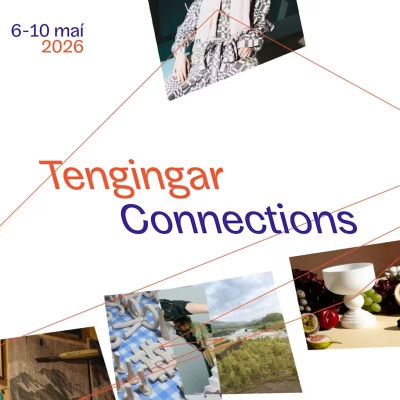Future prospects of geothermal energy
12:00
Ladislaus Rybach: Future prospects of geothermal energy
Open lecture organized by the Environment and Natural Resources Program at University of Iceland.
Ladislaus Rybach is a world leading scientist in the field of geothermal energy, and his research activities cover a wide range, from heat flow studies and lithosphere geothermics over low-enthalpy utilization (geothermal heat pumps) to Hot Dry Rock modelling. His special interest is in geothermal sustainability.
Ladislaus Rybach is Professor emeritus at ETH Zurich, and co-founder and former managing director of GEOWATT AG Zurich (now Scientific Advisor). He published over 400 papers and several textbooks (also in Russian and Chinese translations) on general and applied geothermics and has been teaching at the International Geothermal Schools in Pisa/Italy and Reykjavik/Iceland, and at the Geothermal Institute, University of Auckland/New Zealand. As expert he worked in China, Germany, Hungary, Iceland, Italy, Japan, New Zealand, Turkey, and USA.
Professor Rybach will talk about the future prospects of geothermal energy, focusing on both direct and indirect use with a particular emphasis on the technological advances needed for enhanced development rates. Geothermal direct use develops slowly but steadily. More than half of the globally produced heat comes from geothermal heat pumps (GHP), which grow with about 20% per year and further growth can be expected, albeit at somewhat lower rate. Future development aims now at large complexes in urban settings, with several hundred borehole heat exchangers.
For power generation, world-wide geothermal development is steady but slow, with a few % annually. At the same time, wind- or solar PV-based electric capacity is increasing, with annual growth rates of 20–40%. Until 2011, geothermal electricity production (in TWh/yr) was higher than from solar PV, but is now rapidly falling behind. Therefore, accelerated development is really needed.
So far, global geothermal electricity generation is based nearly completely on hydrothermal resources, which exist only under specific geologic conditions. Further production capacity development based on this resource type alone will therefore hardly accelerate to two-digit (>10% per year) growth rates. Faster growth can only be achieved by using the ubiquitous petrothermal resources, provided that the key problem will be solved: establishing a universally applicable technology. This would allow to establish, at any requested site, feasible and efficient deep heat exchangers for enhanced geothermal system (EGS) power plants — irrespective of the local subsurface conditions. Objectives and challenges of this technology, especially the upscaling of EGS power plants from a few MWe to several tens of MWe, will be presented.
The lecture is in English.






